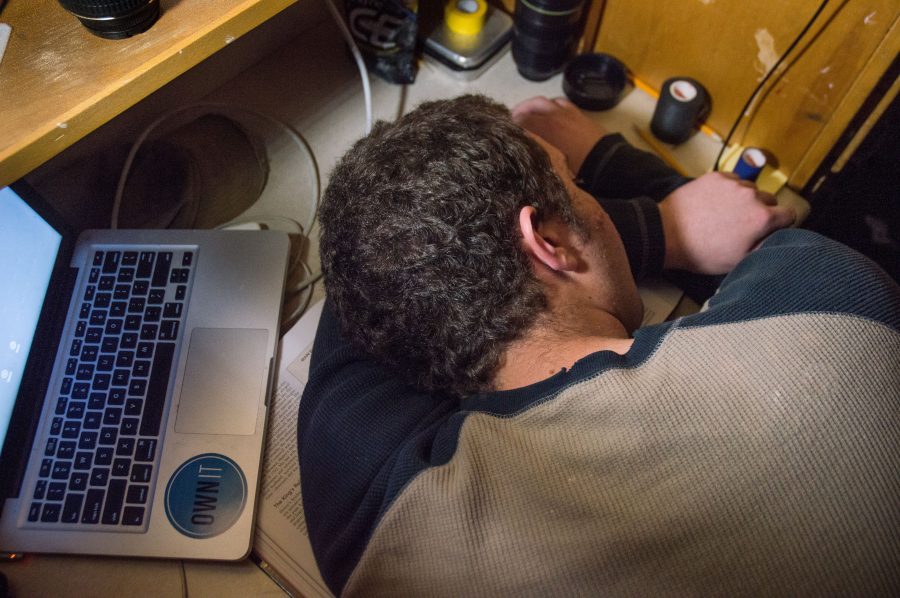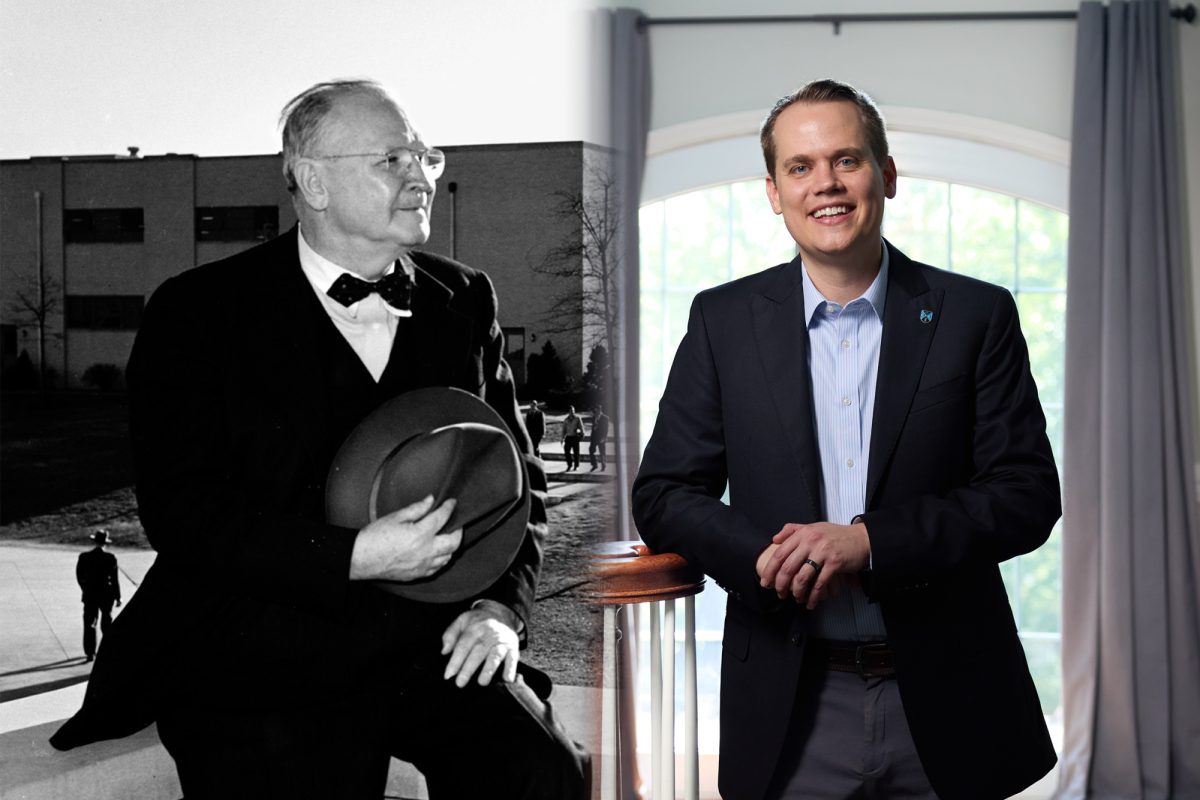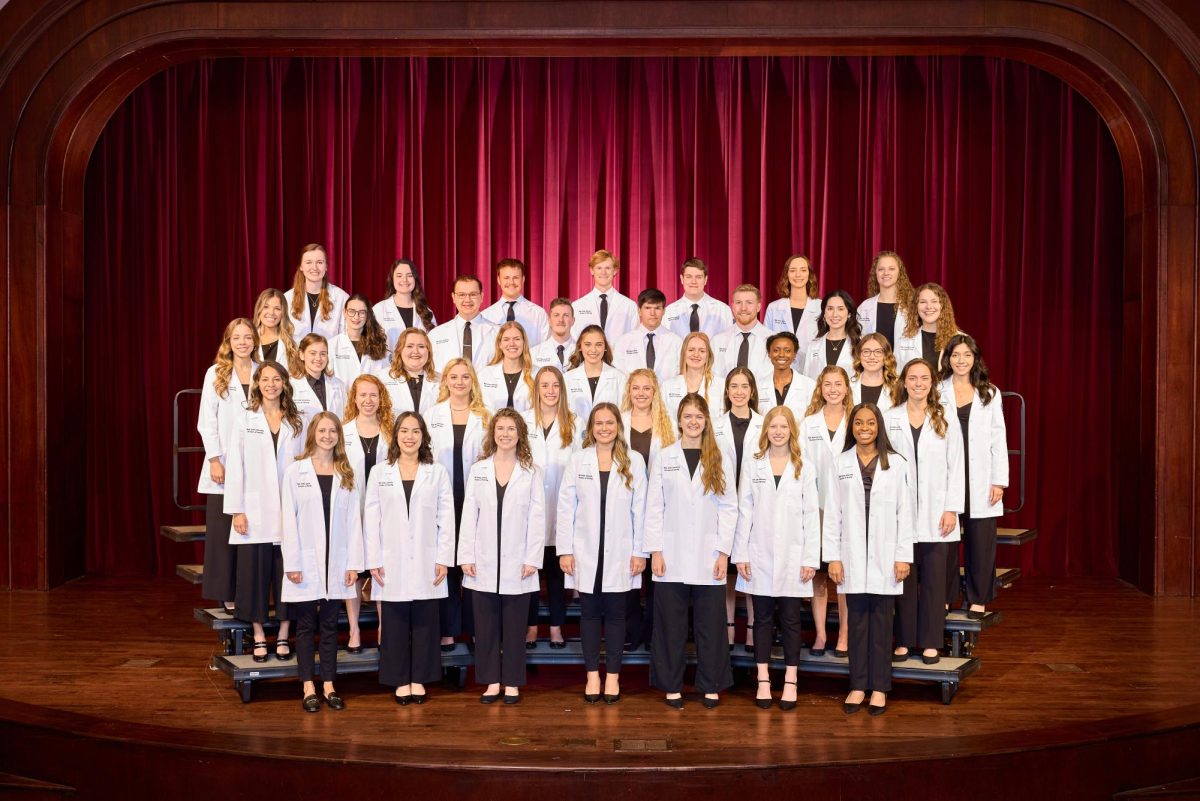Senioritis—every year you hear this word being used, especially in the spring semester. Some say they’ve already experienced this feeling in high school, but in college it hits you on a whole new level.
“I thought I had it sophomore year, but it hit full-force this year,” Courtney Sturgis, a senior exercise science major, said.
Daniel Marinelli, a senior engineering major, said he would describe senioritis as having your head in the clouds, everything is groggy, and there is no motivation because you just want to graduate.
Causes
Most seniors struggle with senioritis at some point. The Merriam-Webster dictionary defines senioritis as, “an ebbing of motivation and effort by school seniors as evidenced by tardiness, absences, and lower grades.”
Collegeview.com describes it as your brain having already graduated despite your body still being in school.
But what causes this?
Many seniors are just ready to be done with school. At college you have an end goal of being done in two to four years, and as you near the end of that time span, you just want to be finished.
“As a freshman, I was confused thinking, ‘Why would you feel that way?’ but it’s just that I think as humans we are ready for change all the time,” said Charlotte Brown, a senior apparel, textiles and design major. “You’re ready for something new and different; you’re just tired of doing the same thing.”
Yani Juve a senior Christian ministries major, said senioritis hasn’t hit her as hard since she is only graduating with her associate degree and plans to come back next year.
Though she still looks forward to Commencement, she realizes that instead of looking for a job or figuring out where to live after she graduates, she’ll once again be looking for books and planning to return in the fall.
For others it’s not just the desire to move on, but job pressure on top of that. Dr. Gary Weier, executive vice president of academic affairs, said, “Job searching is definitely important, but when you’re a student, (being a student) really is your full-time job.”
Symptoms
Many link the word senioritis with the word “lazy.” Though on paper they sound very similar, the difference is in the reasoning behind the students’ actions.
This isn’t to say that seniors have an excuse to slack off, but it is difficult, because to them, they are moving on and changing their flow.
The desire to oversleep is astonishing.
“It’s real. You’ll go to wake up one day and won’t wake up [at your alarm], and you’ll think, I have senioritis,” Brown said.
“I oversleep every alarm [I] ever set, and I am much less self-motivated to get up and study because sleep feels better.”
The temptation to give in to the apathy is real.
John Naselli, a senior premed major, said, “[you develop an] attitude of not caring about school because you’re so close to being done.”
Cures
“I don’t think there is a cure,” Naselli said. “It’s just a phase of life you’re in. You understand that your undergrad is coming to a close, and more important things are coming.”
Internationalcollegecounselors.com suggests preventative care. “Senioritis may not be curable but it is treatable: Stay active. Stay involved. Stay focused. Stay on your regular schedules.”
It’s important to keep on top of projects and papers and remembering when they are due. You don’t want your grade dropping just because you “didn’t feel like it.”
The cure will come May 6, when you walk across the platform, shake hands, accept the diploma and know you’re free from the disease that has plagued you this past year.
“Make every day count and enjoy it,” Weier said.
“[With] a combination of your own planning ahead and dependency and trust in the Lord, the transition will go much more smoothly.”
Stay positive, seniors, you soon will be moving on to new experiences.






























































